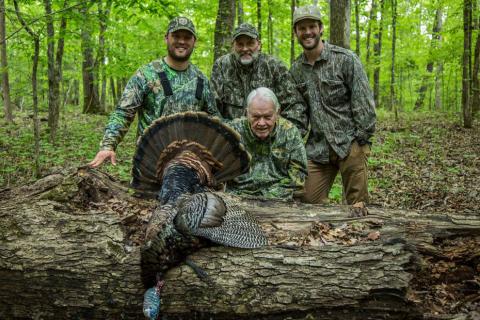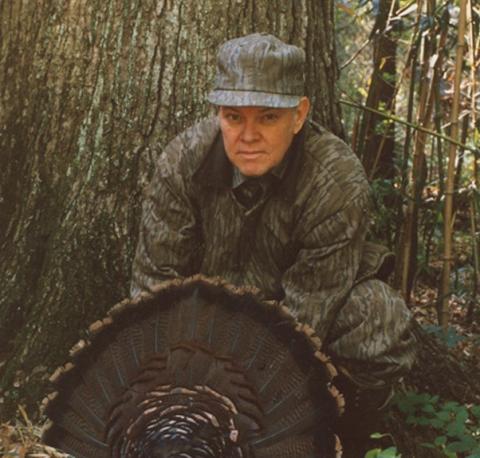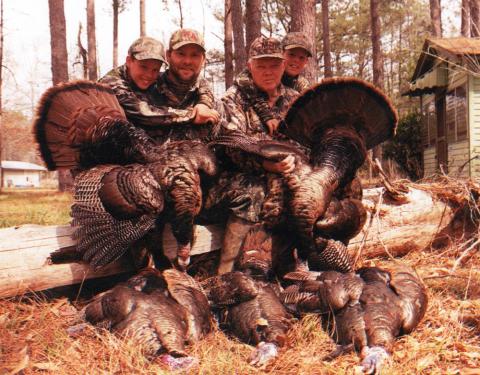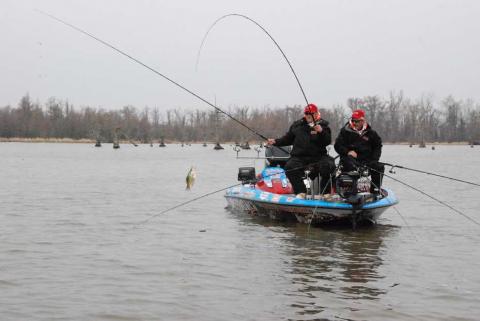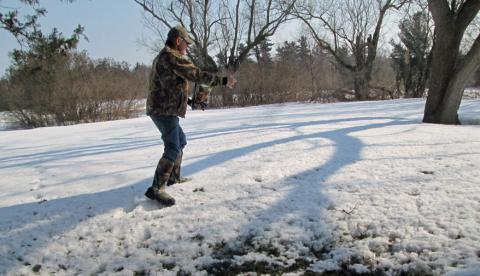Austin Delano
Frost seeding clover can be a great technique to get an early start to the spring growing season and get one of wildlife’s favorite perennial food sources established.
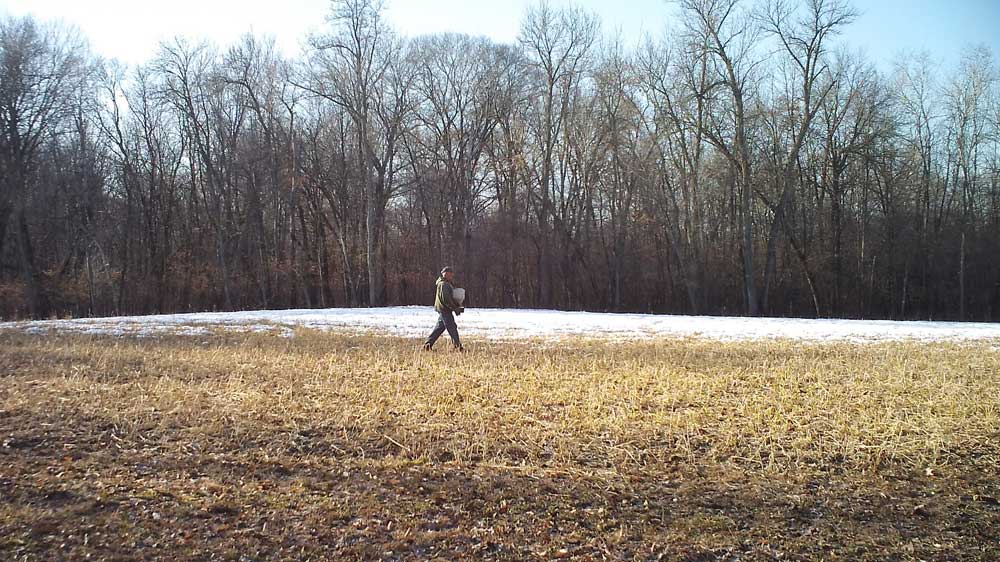
What is Frost Seeding?
Ideally to frost seed successfully you need exposed soil or plots that have been browsed down and contain a lot of open areas. Heavy thatch and vegetation may keep the seed from making it to the soil. Frost seeding clover requires the soil to be thawing, freezing and heaving. In the latter part of the winter the moisture in the ground freezes at night and then thaws during the day and the process tend to make the soil heave up and then contract. The seeds get caught in the cracks created by the heaving process, and this, is in essence how the seeds are “planted.” When time-lapse photography of this period is viewed, the ground appears to come alive because of all the movement from the soil expanding and contracting over and over again. This movement helps to create excellent seed to soil contact. When the soil temperature rises in the spring, the seed will germinate and begin the growing process.
How to Frost Seed Clover?
Most any method of broadcasting seed will work, ATV and hand spreaders are typically the most accurate way to evenly distribute the seed across a plot. This method is popular in areas where it is difficult to get a tractors and equipment when the ground is wet in the spring. As long as you can get to the plot by ATV or on foot, this process is still an option. To avoid ruts and soil compaction it helps to broadcast your seed early in the morning when the ground is still frozen on top.
When to Frost Seed
Late winter is the ideal time for frost seeding, we generally look for a time in February when the temps are still allowing the freeze/thaw cycle to happen. Look at where you live at and the average last hard freeze date and back up a couple weeks for good timing. Another benefit of frost seeding is weed suppression, with the lack of soil disturbance you start off the spring with a much cleaner food plot. With soil testing, fertilization, weed control and liming, perennials like Non Typical Clover or Clover Plus can last for years.




















